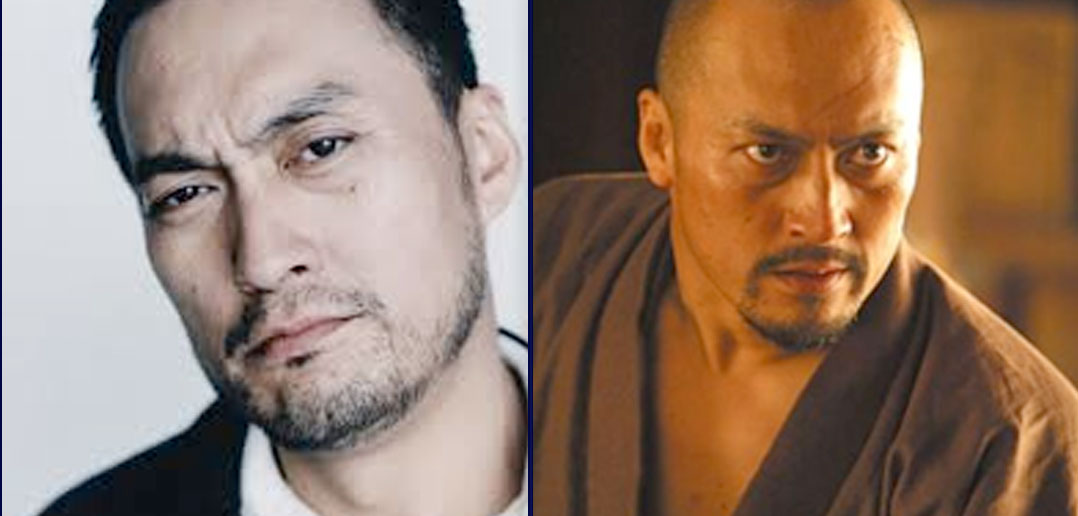
Ken Watanabe: A Global Icon of Japanese Cinema
mikephilipsforcongress.com – Ken Watanabe has established himself as one of Japan’s most internationally recognized actors, seamlessly transitioning from Japanese cinema to Hollywood blockbusters. His powerful presence, nuanced performances, and commanding screen presence have captivated audiences worldwide, earning him critical acclaim and solidifying his status as a global icon.
From Local Stages to National Recognition
Born on October 21, 1959, in Koide, Niigata Prefecture, Japan, Watanabe’s path to acting began with his involvement in theater. He joined the En (Circle) Theatre Company in 1978, honing his skills on the stage. His talent quickly garnered attention, leading to television roles and eventually his film debut in Setouchi Shonen Yakyu Dan (1984).
Watanabe’s breakthrough role came in the 1987 NHK historical drama Dokuganryū Masamune, where he portrayed the legendary samurai Date Masamune. This performance catapulted him to national fame and established him as a prominent figure in Japanese television.
Conquering Hollywood and International Acclaim
While Watanabe enjoyed considerable success in Japan, he sought to expand his horizons and explore opportunities in international cinema. His first major Hollywood role came in 2003 with The Last Samurai, where he starred alongside Tom Cruise. His portrayal of Katsumoto, a noble samurai leader, earned him an Academy Award nomination for Best Supporting Actor and introduced him to a global audience.
The Last Samurai marked a turning point in Watanabe’s career, opening doors to numerous Hollywood projects. He went on to star in Christopher Nolan’s critically acclaimed Batman Begins (2005) as Ra’s al Ghul’s decoy, and later reunited with Nolan for the mind-bending thriller Inception (2010), playing the influential businessman Saito. These roles solidified his presence in Hollywood and showcased his versatility as an actor.
A Diverse Filmography and Powerful Performances
Watanabe’s filmography demonstrates his ability to embody a wide range of characters. He has portrayed historical figures, complex villains, and nuanced protagonists, consistently delivering powerful and memorable performances. His roles in films like Memoirs of a Geisha (2005), Letters from Iwo Jima (2006), directed by Clint Eastwood, and Godzilla (2014) further cemented his international reputation.
He also returned to the world of samurai with the acclaimed Japanese film Unforgiven (2013), a remake of Clint Eastwood’s Western classic. This performance allowed him to revisit a genre that had played a significant role in his early career and showcase his continued mastery of the craft.
A Cultural Ambassador and Lasting Legacy
Ken Watanabe’s success in both Japanese and Hollywood cinema has made him a cultural ambassador for Japan. He has helped to bridge the gap between Eastern and Western filmmaking, introducing Japanese talent and storytelling to a global audience. His dedication to his craft and his ability to connect with audiences across cultures have earned him respect and admiration worldwide.
Watanabe’s impact on the film industry is undeniable. He has paved the way for other Japanese actors to pursue international careers and has contributed to the growing recognition of Japanese cinema on a global scale. His enduring presence on the screen and his commitment to delivering compelling performances ensure that his legacy as a renowned actor will continue to inspire and entertain audiences for generations to come.


